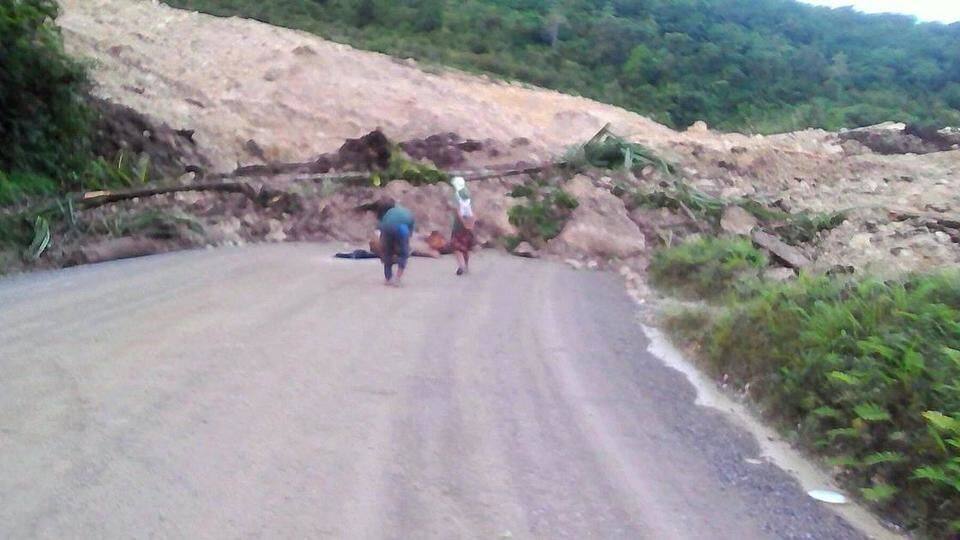
7.5-magnitude quake hits energy-rich Papua New Guinea, oil-and-gas operations suspended
What's the story
A powerful 7.5 magnitude earthquake hit Papua New Guinea early this morning, halting operations in the energy-rich interiors.
Communication broke down, buildings were damaged and oil and gas operations hit as the quake triggered landslides in the heavily-forested area of Southern Highlands, 560km northwest of capital Port Moresby.
At least one company began evacuation of non-essential personnel.
There's no official confirmation of casualties yet.
Impact
26 aftershocks followed the initial tremor, panic in several places
The tremor hit at a depth of 35km in a rural area near a mountain range. 26 aftershocks, with an average magnitude of 5, were felt afterwards, reports said.
There was panic in Jayapura, the capital of Indonesian Papua, communications were "completely down" in Tari, a large settlement near the epicentre, and landslides cut roads.
However, officials said there's no risk of a tsunami.
Oil and gas
ExxonMobil, Oil Search halts operations, Grasberg copper mine unaffected
ExxonMobil, one of the biggest oil companies in the region, immediately shut its Hides plant.
It has also suspended flights to the Komo airfield till the runway is assessed and is evacuating staff.
Oil Search, another major player, said it had shut production in the affected area too.
But the Grasberg copper mine operated by the Freeport McMoRan in Papua province wasn't affected.
Relief
Weak communication hampering damage assessment operations
In a statement, the PM said that disaster assessment teams had been deployed in Southern Highlands Province and Hela Province.
Those affected would receive government aid, it added.
Other rescue and relief agencies said poor communication lines were hampering operations.
For now, the government has urged people to be on alert, stay away from multi-storey buildings and beware of potential landslides.
Data
An earthquake in 1998 killed over 2,000 people
Earthquakes are common in Papua New Guinea, located on the Pacific's "Ring of Fire," a hotbed of seismic activity due to friction between tectonic plates. In 1998, a quake of magnitude 7 triggered a tsunami, killing around 2,200 people.